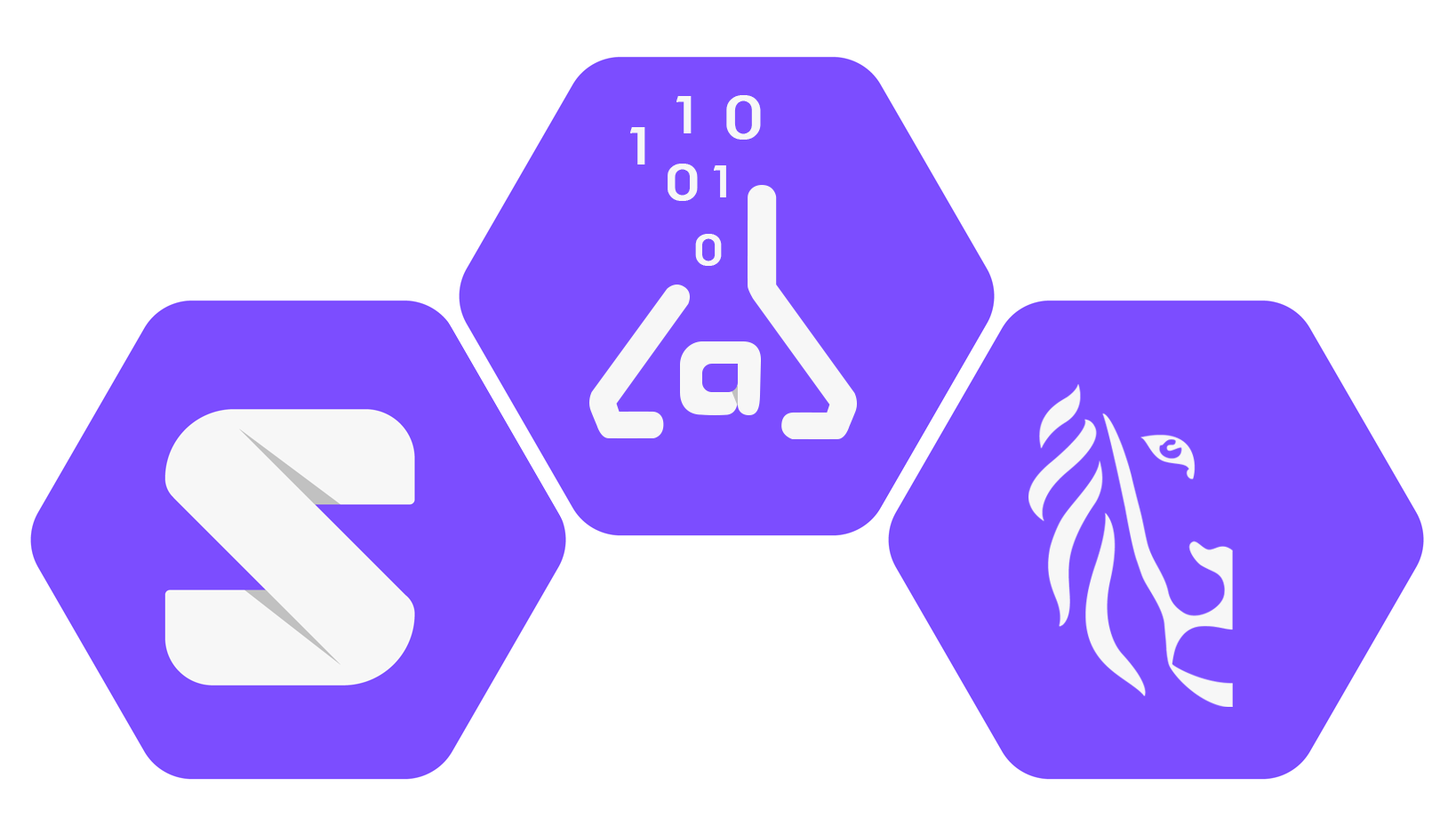
Within SolidLab, RML engines are optimized, and RML is extended to provide a direct connection between semi-structured data sources and secure data sharing via Solid protocols.

Within SolidLab, RML engines are optimized, and RML is extended to provide a direct connection between semi-structured data sources and secure data sharing via Solid protocols.
Read more
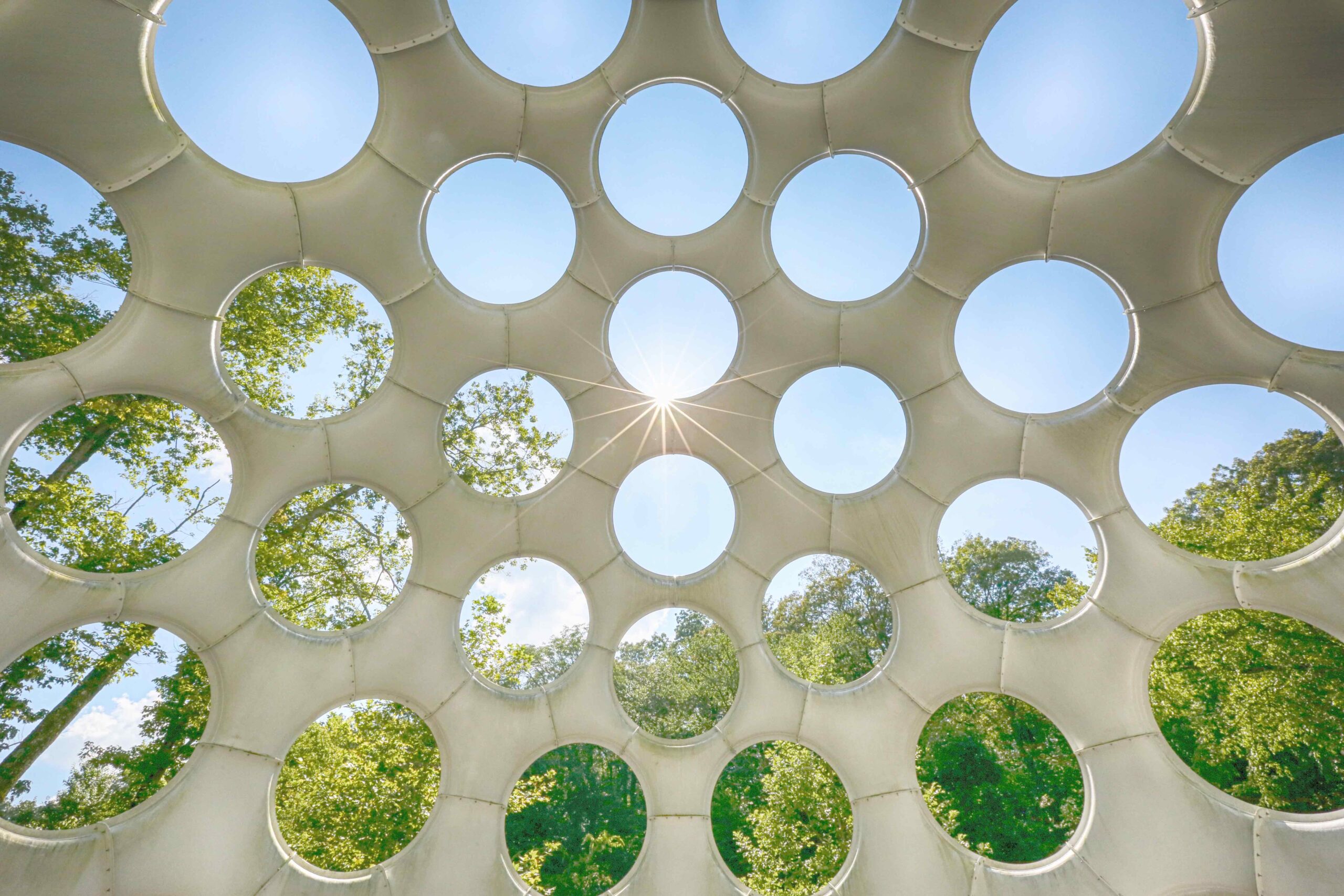
Within Onto-DESIDE, RML is used to provide a direct connection between semi-structured data sources and secure data sharing via Solid protocols, auto-generating Verifiable Credentials.

Within Onto-DESIDE, RML is used to provide a direct connection between semi-structured data sources and secure data sharing via Solid protocols, auto-generating Verifiable Credentials.
Read more

Building Information Modelling (BIM) allows making elaborate, information-rich models of building designs. However, there is no easy way yet to couple these models to what is actually happening on-site, during a construction. The BoB project aims to create a 2-way link between BIM models and the actual building, improving building efficiency and avoiding costly errors.

Building Information Modelling (BIM) allows making elaborate, information-rich models of building designs. However, there is no easy way yet to couple these models to what is actually happening on-site, during a construction. The BoB project aims to create a 2-way link between BIM models and the actual building, improving building efficiency and avoiding costly errors.
Read more

Within the Flemish Smart DataSpace (Vlaamse Smart DataSpace), RML is used to generate RDF using the Linked Data Event Streams (LDES) specification, allowing data source change detection and up-to-date knowledge graphs.

Within the Flemish Smart DataSpace (Vlaamse Smart DataSpace), RML is used to generate RDF using the Linked Data Event Streams (LDES) specification, allowing data source change detection and up-to-date knowledge graphs.
Read more

Retail, and the food sector in particular, is a complex environment that requires close cooperation between multiple partners. At the same time, the sector continuously strives to increase efficiency and sustainability, e.g., by reducing waste. However, although all organizations within the supply chain are connected, data often remains stored in silos within each separate company. Within AI4FoodLogistics, we are exploring a federated data ecosystem that brings together data from different stakeholders in the retail ecosystem. The resulting insights will enable optimized forecasting and the development of intelligent algorithms.

Retail, and the food sector in particular, is a complex environment that requires close cooperation between multiple partners. At the same time, the sector continuously strives to increase efficiency and sustainability, e.g., by reducing waste. However, although all organizations within the supply chain are connected, data often remains stored in silos within each separate company. Within AI4FoodLogistics, we are exploring a federated data ecosystem that brings together data from different stakeholders in the retail ecosystem. The resulting insights will enable optimized forecasting and the development of intelligent algorithms.
Read more
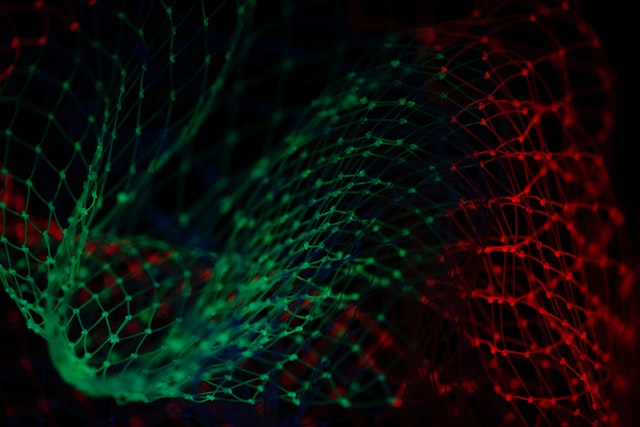
Data portability is one of the pillars to enable users to control their data on the Web. In PROV4ITDaTa, we create a solution that is fully transparent and has fine-grained configuration to improve interoperability with other data models via FAIR resources. To achieve this, we will exploit and advance the existing open-source tools RML.io and Comunica and show its extensibility by directly applying it to the Solid ecosystem.

Data portability is one of the pillars to enable users to control their data on the Web. In PROV4ITDaTa, we create a solution that is fully transparent and has fine-grained configuration to improve interoperability with other data models via FAIR resources. To achieve this, we will exploit and advance the existing open-source tools RML.io and Comunica and show its extensibility by directly applying it to the Solid ecosystem.
Read more
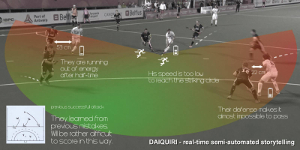
The DAIQUIRI project will develop AI algorithms that address current challenges associated with data overload, sensor-video matching, dynamic captioning and multi-modal stories. The outcome will be a sensor data platform and dashboard that supports media professionals in their live sports coverage and the audiences' viewing experiences.

The DAIQUIRI project will develop AI algorithms that address current challenges associated with data overload, sensor-video matching, dynamic captioning and multi-modal stories. The outcome will be a sensor data platform and dashboard that supports media professionals in their live sports coverage and the audiences' viewing experiences.
Read more
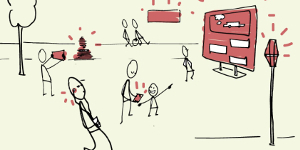
The ESSENCE consortium aims to bring human perspectives into a smart city platform that collects many media types, from personal devices and public displays to augmented reality. The ultimate goal is to create interactive stories embedded in the city environment about civic actions that boost engagement in these projects. Check out our video!

The ESSENCE consortium aims to bring human perspectives into a smart city platform that collects many media types, from personal devices and public displays to augmented reality. The ultimate goal is to create interactive stories embedded in the city environment about civic actions that boost engagement in these projects. Check out our video!
Read more
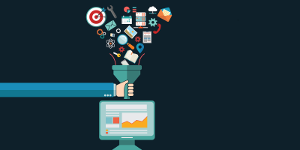
The DyVerSIFy project aims to develop software components and methodologies in the domains of dynamic visualization, adaptive anomaly detection and scalability to drive dynamic, adaptive and scalable sensor analytics.

The DyVerSIFy project aims to develop software components and methodologies in the domains of dynamic visualization, adaptive anomaly detection and scalability to drive dynamic, adaptive and scalable sensor analytics.
Read more

Media companies in Flanders today have fragmented consumer data, with each company maintaining its own data management platform. As a result, data remains largely undervalorized. The EcoDaLo project aims to develop a knowledge platform for publishers allowing the integration of many diverse data sources.

Media companies in Flanders today have fragmented consumer data, with each company maintaining its own data management platform. As a result, data remains largely undervalorized. The EcoDaLo project aims to develop a knowledge platform for publishers allowing the integration of many diverse data sources.
Read more

DiSSeCt aims to design distributed semantic software solutions and algorithms for continuous exchange of huge streams of data between different partners in specific ecosystems. By converting data to knowledge, and exchanging this knowledge in an intelligent, secure and dynamic manner, personalised and context-aware services can be offered to end-users.

DiSSeCt aims to design distributed semantic software solutions and algorithms for continuous exchange of huge streams of data between different partners in specific ecosystems. By converting data to knowledge, and exchanging this knowledge in an intelligent, secure and dynamic manner, personalised and context-aware services can be offered to end-users.
Read more

Hello Jenny aims to help senior citizens who have no or limited contact with friends or family. It does this by providing a smart speaker to the senior citizen which allows them to schedule a visit with their assigned buddy. An analysis is performed to determine when a senior needs a visit and suggests this to the senior if this is the case.

Hello Jenny aims to help senior citizens who have no or limited contact with friends or family. It does this by providing a smart speaker to the senior citizen which allows them to schedule a visit with their assigned buddy. An analysis is performed to determine when a senior needs a visit and suggests this to the senior if this is the case.
Read more

The MOS2S project focuses on media orchestration platforms and technologies that allow devices, data and media streams to be orchestrated into a rich and coherent media experience on various end-user devices. Applications include crowd journalism and live events (experience and entertainment).

The MOS2S project focuses on media orchestration platforms and technologies that allow devices, data and media streams to be orchestrated into a rich and coherent media experience on various end-user devices. Applications include crowd journalism and live events (experience and entertainment).
Read more

The opportunities of big data are tremendous. However, it is still a major challenge to combine available data from various heterogeneous sources and put it on offer in a way that is reliable, trustworthy and a good business case for the data owners. The COMBUST project was set up to create solutions and guidelines for this data fusion challenge, in a realistic setting and in view of offering a valuable data service.

The opportunities of big data are tremendous. However, it is still a major challenge to combine available data from various heterogeneous sources and put it on offer in a way that is reliable, trustworthy and a good business case for the data owners. The COMBUST project was set up to create solutions and guidelines for this data fusion challenge, in a realistic setting and in view of offering a valuable data service.
Read more

The European Union Agency for Railways (ERA) generates a knowledge graph to foster interoperability across their base registry databases which are populated by all EU member states and different actors from the railway domain. This use case uses YARRRML, which is automatically converted to RML, to define how the knowledge graph is generated based on different data sources, such as databases, CSV files, XML files, and so on. The RMLMapper is used to execute the RML rules to generate the knowledge graph, which can be explored and queried online.
Raw data - Rules - Knowledge graph
Read more
The European Union Agency for Railways (ERA) generates a knowledge graph to foster interoperability across their base registry databases which are populated by all EU member states and different actors from the railway domain. This use case uses YARRRML, which is automatically converted to RML, to define how the knowledge graph is generated based on different data sources, such as databases, CSV files, XML files, and so on. The RMLMapper is used to execute the RML rules to generate the knowledge graph, which can be explored and queried online.
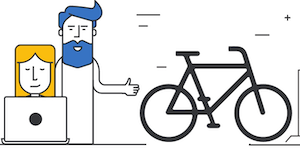
To facilitate information access to bicycle users about parking infrastructure, Fietsberaad, a pro-cycling organization managed by the Flemish government, worked together with local authorities, parking facility owners and operators in Belgium to design common framework for modeling and publishing (live) information of parking facilities. Existing data and interfaces (APIs) were reused and transformed to a common semantic data representation using RML rules in YARRRML syntax. Currently more than 30 municipalities across Belgium publish data of 2500+ parkings, made accessible to cyclists online.
Read more
To facilitate information access to bicycle users about parking infrastructure, Fietsberaad, a pro-cycling organization managed by the Flemish government, worked together with local authorities, parking facility owners and operators in Belgium to design common framework for modeling and publishing (live) information of parking facilities. Existing data and interfaces (APIs) were reused and transformed to a common semantic data representation using RML rules in YARRRML syntax. Currently more than 30 municipalities across Belgium publish data of 2500+ parkings, made accessible to cyclists online.
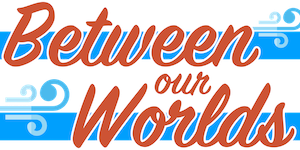
Between Our Worlds is an initiative to provide metadata information about anime as Linked Open Data. It uses YARRRML, which is converted to RML, to define how the knowledge graph is generated based on the metadata downloaded from a Web API. FnO is used to transform certain aspects of the original data. The RMLMapper is used to execute the RML rules to generate the knowledge graph.
Raw data - Rules - Knowledge graph
Read more
Between Our Worlds is an initiative to provide metadata information about anime as Linked Open Data. It uses YARRRML, which is converted to RML, to define how the knowledge graph is generated based on the metadata downloaded from a Web API. FnO is used to transform certain aspects of the original data. The RMLMapper is used to execute the RML rules to generate the knowledge graph.
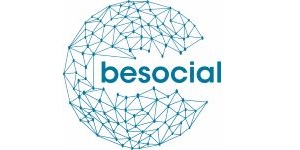
BESOCIAL is a cross-institutional research project, aiming to develop a sustainable strategy for archiving and preserving social media in Belgium. Heterogeneous social media content, provenance information provided by web archivists as well as preservation metadata enclosed in web archive (WARC) files characterize this use case. A developed open source component integrates RML.io into the existing Social Feed Manager (SFM) framework from the George Washington University Libraries. Therefore, RML.io supports data stewardship tasks in a sustainable open source workflow by mapping heterogeneous data on the fly to a knowledge graph. This use case uses RML rules in YARRRML syntax which are used by a javascript wrapper of the RMLMapper to generate the knowledge graph.
Read more
BESOCIAL is a cross-institutional research project, aiming to develop a sustainable strategy for archiving and preserving social media in Belgium. Heterogeneous social media content, provenance information provided by web archivists as well as preservation metadata enclosed in web archive (WARC) files characterize this use case. A developed open source component integrates RML.io into the existing Social Feed Manager (SFM) framework from the George Washington University Libraries. Therefore, RML.io supports data stewardship tasks in a sustainable open source workflow by mapping heterogeneous data on the fly to a knowledge graph. This use case uses RML rules in YARRRML syntax which are used by a javascript wrapper of the RMLMapper to generate the knowledge graph.
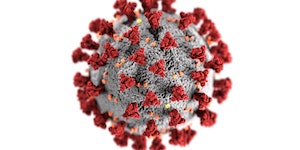
This use case generates a knowledge graph from the COVID-19 literature. It uses YARRRML, which is converted to RML, to define how the knowledge graph is generated based on the metadata of the literature. Matey is used to assist in defining the YARRRML rules and the RMLMapper is used to execute the RML rules to generate the knowledge graph.
Raw data - Rules - Knowledge graph
Read more
This use case generates a knowledge graph from the COVID-19 literature. It uses YARRRML, which is converted to RML, to define how the knowledge graph is generated based on the metadata of the literature. Matey is used to assist in defining the YARRRML rules and the RMLMapper is used to execute the RML rules to generate the knowledge graph.

Sollicimeer is a job application platform for people with a learning disability. Companies provide their job applications using a spreadsheet. It uses YARRRML, which is converted to RML, to define how knowledge graphs are generated based on the data in the spreadsheet. Next, each knowledge graph is added to the company's Solid POD. When a person wants to apply for a job the relevant application information is read from the POD and during the application the information about the person is stored in their personal POD.
Read more

Sollicimeer is a job application platform for people with a learning disability. Companies provide their job applications using a spreadsheet. It uses YARRRML, which is converted to RML, to define how knowledge graphs are generated based on the data in the spreadsheet. Next, each knowledge graph is added to the company's Solid POD. When a person wants to apply for a job the relevant application information is read from the POD and during the application the information about the person is stored in their personal POD.

Montolo is a knowledge graph with the aim to provide FAIR metadata of ontologies to support knowledge modeling tasks such as the assessment and reuse of existing ontologies, currently existing related datasets are MontoloStats for ontologies and MontoloSHACLStats for data shapes. The Montolo Knowledge Graph is manually curated using CSV files on GitHub including an alignment with the Astrea Knowledge Graph. This use case uses YARRRML, which is automatically converted to RML, to define how the knowledge graph is generated. The RMLMapper is used to execute the RML rules to generate the knowledge graph.
Raw data - Rules - Knowledge graph
Read more
Montolo is a knowledge graph with the aim to provide FAIR metadata of ontologies to support knowledge modeling tasks such as the assessment and reuse of existing ontologies, currently existing related datasets are MontoloStats for ontologies and MontoloSHACLStats for data shapes. The Montolo Knowledge Graph is manually curated using CSV files on GitHub including an alignment with the Astrea Knowledge Graph. This use case uses YARRRML, which is automatically converted to RML, to define how the knowledge graph is generated. The RMLMapper is used to execute the RML rules to generate the knowledge graph.